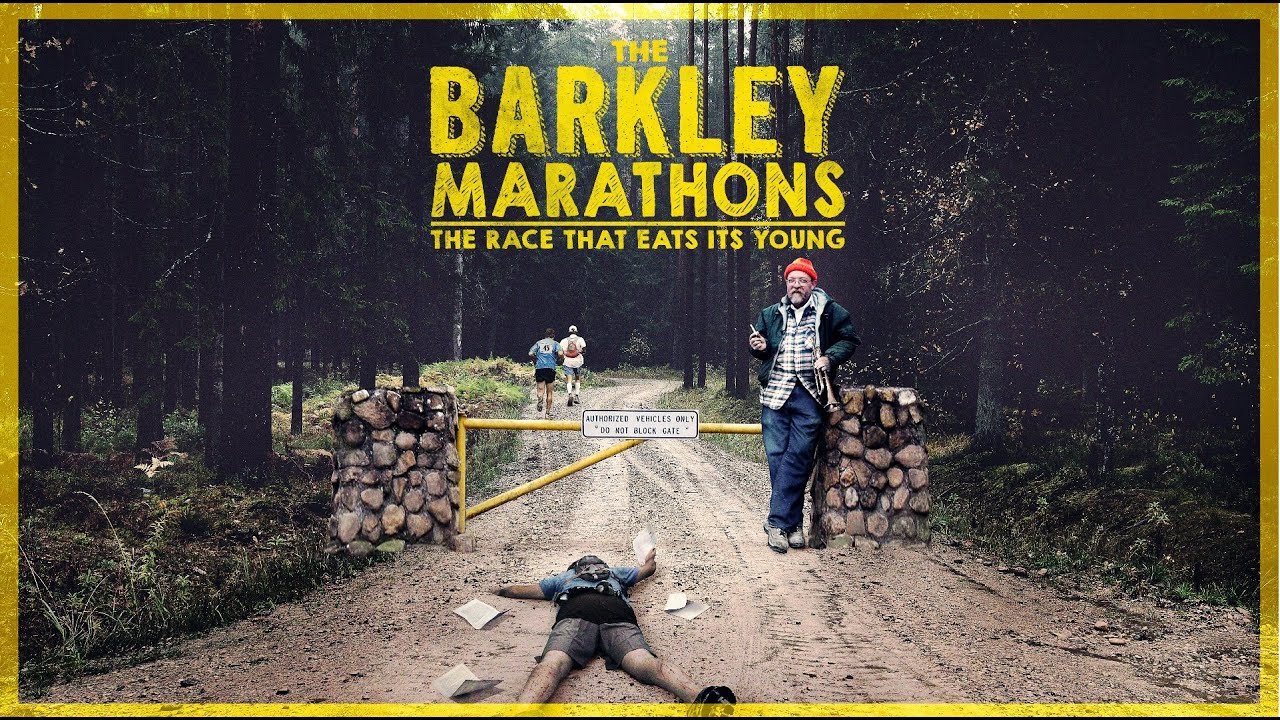The Barkley Marathons: The Toughest Race You've Never Heard Of
If you haven't heard of the Barkley Marathons, you're not alone. This infamous ultra-running event, held annually in Frozen Head State Park, Tennessee, is one of the most grueling and enigmatic races in the world. Created by Gary "Lazarus Lake" Cantrell, the Barkley Marathons is a race like no other, designed to push the limits of even the most seasoned ultra-runners.
The Mythical Origins
The Barkley Marathons was established in 1986, inspired by the prison escape of James Earl Ray, the assassin of Dr. Martin Luther King Jr., who only managed to cover 8 miles in 55 hours after breaking out and getting lost in the unforgiving terrain of Frozen Head State Park. With this as the backdrop, the race is shrouded in mystery and steeped in tradition, capturing the fascination of runners and adventurers worldwide.
The Race Format
The Barkley Marathons spans approximately 100 miles through unmarked and brutal terrain, with over 60,000 feet of cumulative elevation change – that's equivalent to climbing Mount Everest twice. The course is divided into five loops, and each loop must be completed within a strict time limit. Runners are required to navigate using a map and compass, as GPS devices and other electronic navigational aids are prohibited. The unpredictable and often extreme weather conditions add another layer of challenge to the already arduous race.
The Entry Process
Securing a spot in the Barkley Marathons is nearly as daunting as the race itself. Prospective entrants must complete an unconventional application process which typically involves submitting a "biblical" essay, paying the entry fee in the form of an item from the race director's choosing (such as a license plate from their home state), and meeting other undisclosed criteria. Those who are chosen to participate are known as "sacrificial virgins," and even then, few manage to complete the race.
The Infamous Yellow Gate
The officially recorded finishers of the Barkley Marathons could be counted on two hands. The notorious "yellow gate" symbolizes both the beginning, and for the vast majority, the end of the Barkley experience. Each lap begins by tearing a page from a book located near the yellow gate and ends by finding books scattered throughout the course and tearing out the page corresponding to the runner's bib number. The runners who manage to complete the full five loops return under the yellow gate to the finish line, becoming part of an elite group of athletes who have conquered this extraordinary challenge.
The Legend Lives On
The Barkley Marathons continues to captivate the imagination of runners seeking an unparalleled test of endurance, perseverance, and grit. Its reputation as a race that can break even the most seasoned ultra-runners has elevated it to almost mythical status within the running community. Despite its allure, or perhaps because of it, the Barkley Marathons remains a race that defies conventional understanding and continues to hold its place as one of the most enigmatic and revered events in the world of ultrarunning.
In conclusion, the Barkley Marathons is a race that transcends the traditional notions of endurance running, pushing participants to the brink of their physical and mental limits. As the race continues to evolve, its mystique and the allure of its challenge serve as a testament to the unyielding spirit of exploration and human determination. For those drawn to the ultimate crucible of ultrarunning, the Barkley Marathons stands as a beacon of unrelenting adversity, beckoning the brave and the bold to test themselves against its unforgiving course.
Barkley Marathons Finishers
* Mark Williams (1995)
* David Horton (2001)
* Blake Wood (2001)
* Ted Kaiser (2003)
* Mike Tilden (2004)
* Jim Nelson (2004)
* Brian Robinson (2008)
* Andrew Thompson (2009)
* Jonathan Basham (2010)
* Brett Maune (2011, 2012)
* John Fegyveresi (2012)
* Jared Campbell (2012, 2014, 2016)
* Nick Hollon (2013)
* Travis Wildeboer (2013)
* John Kelly (2017, 2023)
* Aurélien Sanchez (2023)
* Karel Sabbe (2023)

